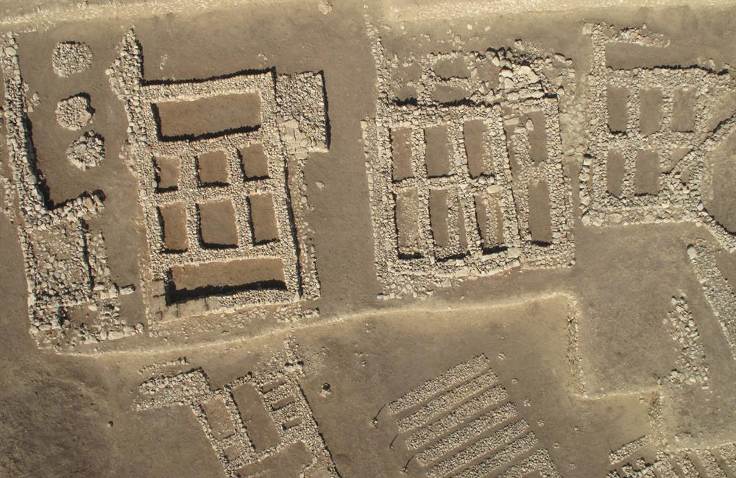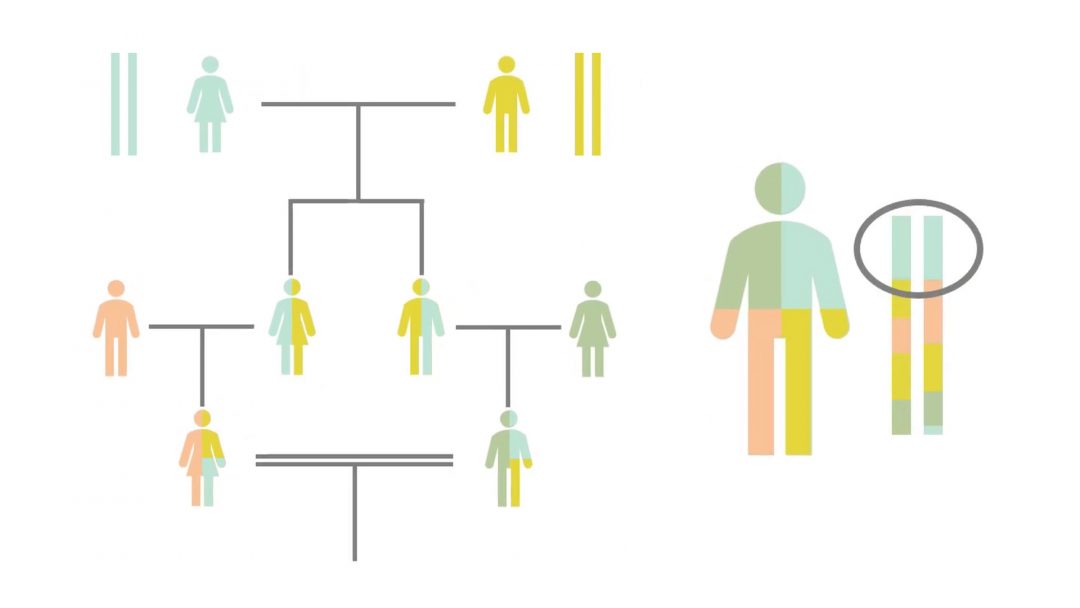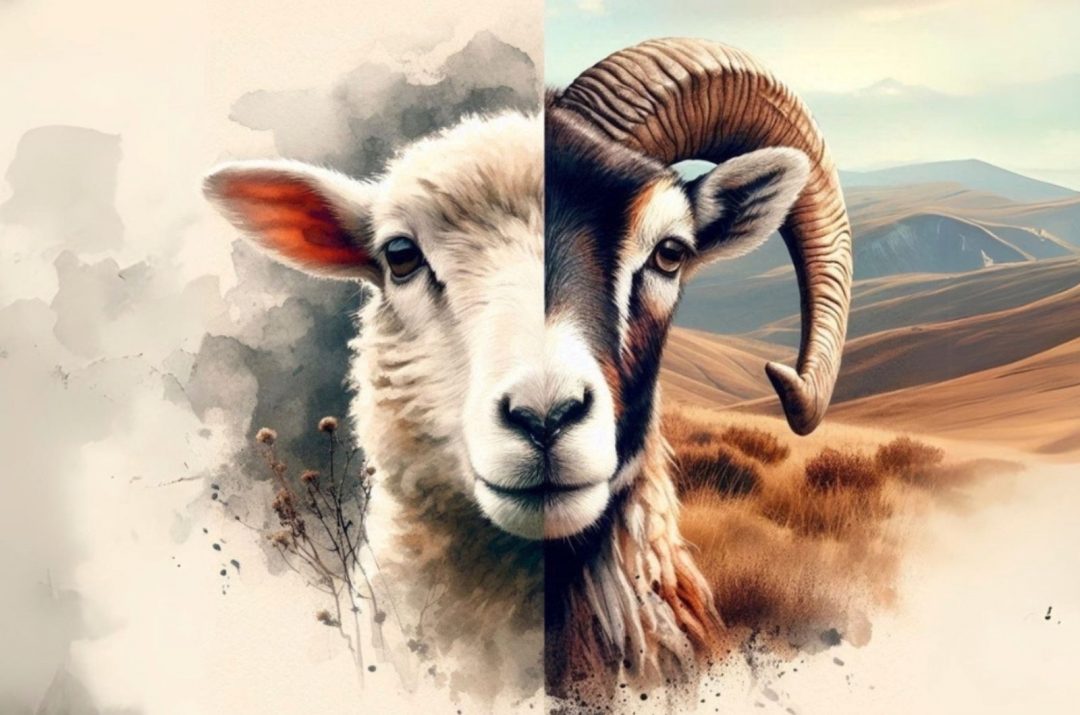Once widespread in their homelands, the Anatolian mouflon (Ovis gmelini anatolica) and the Cyprian mouflon (Ovis gmelini ophion) were driven to near extinction during the 20th century and are currently listed as endangered populations by the International Union for Conservation of Nature. While the exact origins of these lineages remain unclear, they have been suggested to be close relatives of domestic sheep or remnants of proto-domestic sheep. Here, our researchers study whole genome sequences of n = 5 Anatolian mouflons and n = 10 Cyprian mouflons in terms of population history and diversity, comparing them with eight other extant sheep lineages. They find reciprocal genetic affinity between Anatolian and Cyprian mouflons and domestic sheep, higher than all other studied wild sheep genomes, including the Iranian mouflon (O. gmelini). Studying diversity indices, they detect a considerable load of short runs of homozygosity blocks (<2 Mb) in both Anatolian and Cyprian mouflons, reflecting small effective population size (Ne). Meanwhile, Ne and mutation load estimates are lower in Cyprian compared with Anatolian mouflons, suggesting the purging of recessive deleterious variants in Cyprian sheep under a small long-term Ne, possibly attributable to founder effects, island isolation, introgression from domestic lineages, or differences in their bottleneck dynamics. Expanding their analyses to worldwide wild and feral Ovis genomes, they observe varying viability metrics among different lineages and a limited consistency between viability metrics and International Union for Conservation of Nature conservation status. Factors such as recent inbreeding, introgression, and unique population dynamics may have contributed to the observed disparities.
The article was authored by Gözde Atağ, Damla Kaptan, Eren Yüncü, Kıvılcım Başak Vural, Paolo Mereu, Monica Pirastru, Mario Barbato, Giovanni Giuseppe Leoni, Merve Nur Güler, Tuğçe Er, Elifnaz Eker, Tunca Deniz Yazıcı, Muhammed Sıddık Kılıç, Nefize Ezgi Altınışık, Ecem Ayşe Çelik, Pedro Morell Miranda, Marianne Dehasque, Viviana Floridia, Anders Götherström, Cemal Can Bilgin, İnci Togan, Torsten Günther, Füsun Özer, Eleftherios Hadjisterkotis, and Mehmet Somel.




